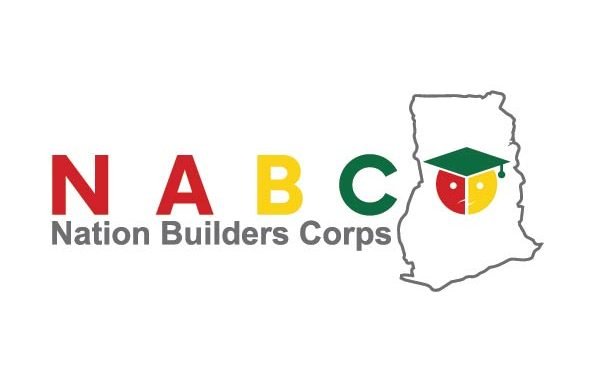The Nation Builder’s Corps (NABCo) program will come to an end on September 1, 2022, according to Finance Minister Ken Ofori-Atta.
On Monday, July 25, he delivered a mid-year budget review to Parliament, during which he said this.
We are pleased to inform you that the NABCo program, which was originally scheduled to operate for three years but was extended an extra year, will terminate on September 1, 2022.” The program, which enlisted 100,000 recent college grads, has helped many of them get their first jobs. It’s estimated that we’ve invested around GH2.2 billion so far, he stated.
That said, “when they depart, they are urged to use the YouStart initiative and other existing initiatives as we seek to Build an Entrepreneurial Nation,” he said.
President Nana Addo Dankwa Akufo-Addo announced the NaBCO project on Tuesday, May 1, 2018.
Akufo-Addo was sure that NABCO trainees would have “the required job ready skills and experience, often thought a barrier to employment as new graduates, addressed” by the time they completed the program.
At the time, Mr. Akufo-Addo said that “NABCO would be the vehicle to provide one hundred thousand (100,000) employment in seven (7) priority sectors,” which he described as the following modules: “Educate Ghana; Heal Ghana; Feed Ghana; Revenue Ghana; Digitise Ghana; Enterprise Ghana; and Civic Ghana.
During a speech announcing the creation of the Corps, President Akufo-Addo referred to the longstanding problem of young unemployment in Ghana as a major factor.
During his tenure, the Mahama government had gone into an International Monetary Fund program, which he inherited, which had banned public sector employees from working.
To address the rising number of graduates leaving our higher schools without a job in sight, I offered an indication that we’ll be launching a new employment program,” he added.
To help young people with their dignity and self-esteem, the President of NABCO said that “NABCO will boost our graduates’ dignity and self-esteem while simultaneously providing them with the extra advantage of efficiency and effectiveness in the execution of certain critical public services.”


